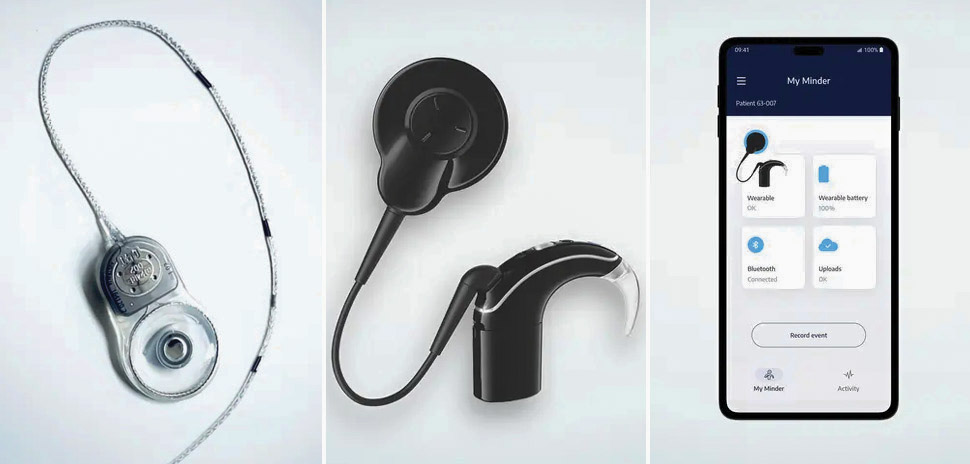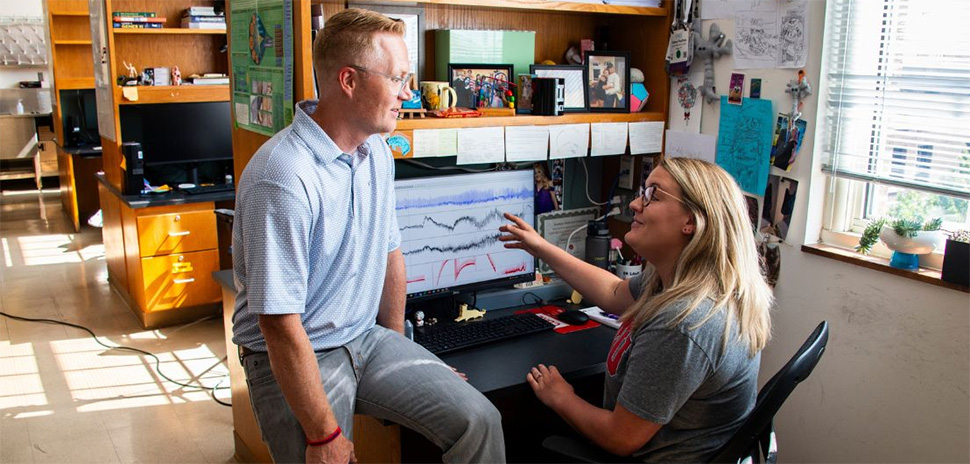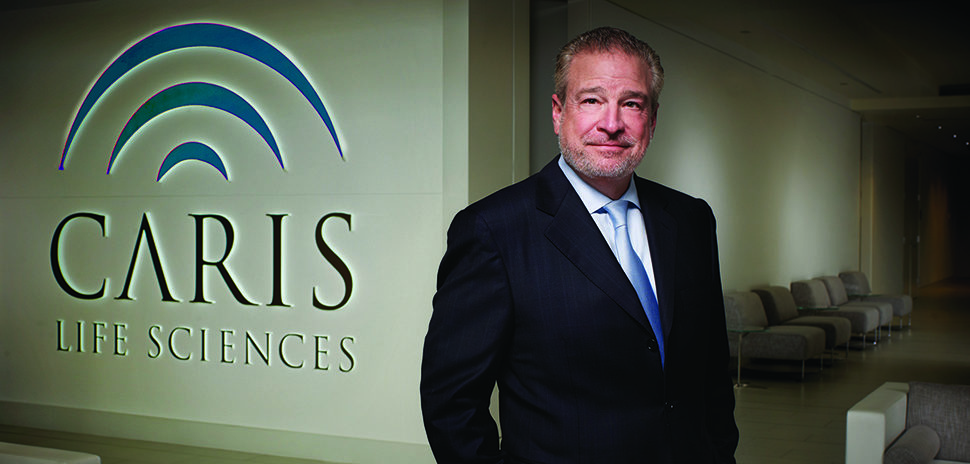Melbourne, Australia-based medical device company Epiminder—which has its U.S. headquarters in Dallas—has been granted FDA authorization via the De Novo classification for Minder, the company’s proprietary implantable continuous electroencephalogram monitoring system (iCEMTM) for patients with epilepsy.
Minder has also been designated as a Breakthrough Technology by the FDA, recognizing its potential to provide more effective diagnosis and management for people living with epilepsy. Epiminder said this De Novo authorization is “significant” as it creates a new classification of device that underscores both the innovation and the clinical validation behind Minder.
The company said the safety and effectiveness of Minder was validated through Epiminder’s UMPIRE clinical study, a multi-center comparator trial held in leading Australian hospitals between 2019 and 2023. The results of UMPIRE were used to support Epiminder’s successful FDA application
“By extending the monitoring window of an EEG from days using current technologies to months or even years with Minder, we can deliver unprecedented access to a high-fidelity stream of continuous EEG data to health care professionals and their patients,” Epiminder CEO Rohan Hoare said in a statement. “The FDA’s clearance of Minder is a significant milestone for Epiminder and more importantly for the 52 million people around the world who have epilepsy.”
“As the first and only implantable continuous EEG monitor approved in the U.S., Minder can provide health care professionals and their patients with more accurate and timely diagnoses, enhanced therapeutic drug monitoring, and can better inform decisions on non-drug treatments like surgery,” Hoare added. “Looking ahead, Epiminder plans to develop a suite of integrated software solutions that will extend the clinical impact of the Minder device, for example by providing patients with advance notice of seizures through AI-enabled forecasting.”
Improved seizure tracking and management
The company said that without accurate diagnosis and monitoring, “sustained and effective management of epilepsy can be challenging.” Minder was developed to address the shortcomings in current electroencephalogram (EEG) technologies, providing reliable and actionable diagnostic data for more patients and therefore better enabling their prospects for successful epilepsy treatment, the company said.
Epiminder intends to launch Minder in the U.S. this year via “a phased commercial rollout into leading epilepsy centers,” as part of a program to demonstrate the clinical utility of the system.
“One of the greatest difficulties in caring for people with epilepsy is the lack of accurate information about a patient’s seizures. Seizure diaries are of limited effectiveness,” Prof. Robert Fisher, director of the Stanford Epilepsy Center, past-president of the American Epilepsy Society, and chair of the Data Safety Monitoring Board for the UMPIRE trial, said in a statement. “Minder can greatly improve seizure tracking and therefore seizure management. It will fill the significant gap in current EEG technologies, providing clinicians like me continuous and accurate data.”
Fisher noted that the data leads to a more complete picture and more precise diagnoses.
The end result is that physicians are “better able to rapidly adjust medication or neuromodulation regimens and identify patients for potential non-drug or surgical treatments. The result will be a reduction in the huge burden of drug resistant epilepsy,” he said.
Trial results ‘exceeded our expectations’
Prof. Mark Cook, MD, of London, Epiminder’s founder and chief medical officer, said, “The results from UMPIRE exceeded our expectations and demonstrated Minder’s ability to capture high-quality EEG data continuously for extended periods, including a groundbreaking five-year continuous recording in one participant. Minder delivered actionable clinical insights for nearly 90% of study participants, highlighting the real-life benefits that Epiminder’s best-in-class iCEM can deliver relative to the current standard of care.”
Epiminder said that epilepsy is one of the most common serious chronic neurological disorders and affects roughly 52 million people worldwide including 3.4 million Americans. It is a neurological condition where a person experiences recurrent seizures caused by abnormal electrical activity in the brain.
Seizures can present with a variety of clinical manifestations; some involve motor symptoms, such as intense muscle contractions, while others, such as absence or focal impaired awareness seizures, may present with subtle or no outward physical signs. Epiminder noted that occurrence of seizures varies in frequency among patients, from less than one a year to several a day.
Don’t miss what’s next. Subscribe to Dallas Innovates.
Track Dallas-Fort Worth’s business and innovation landscape with our curated news in your inbox Tuesday-Thursday.






























